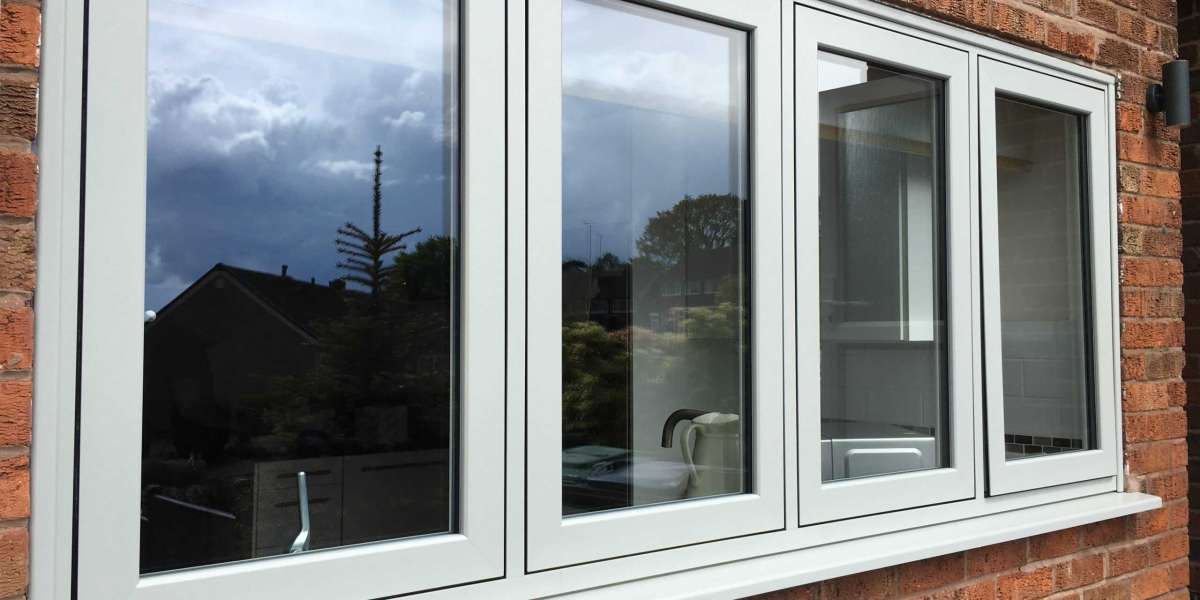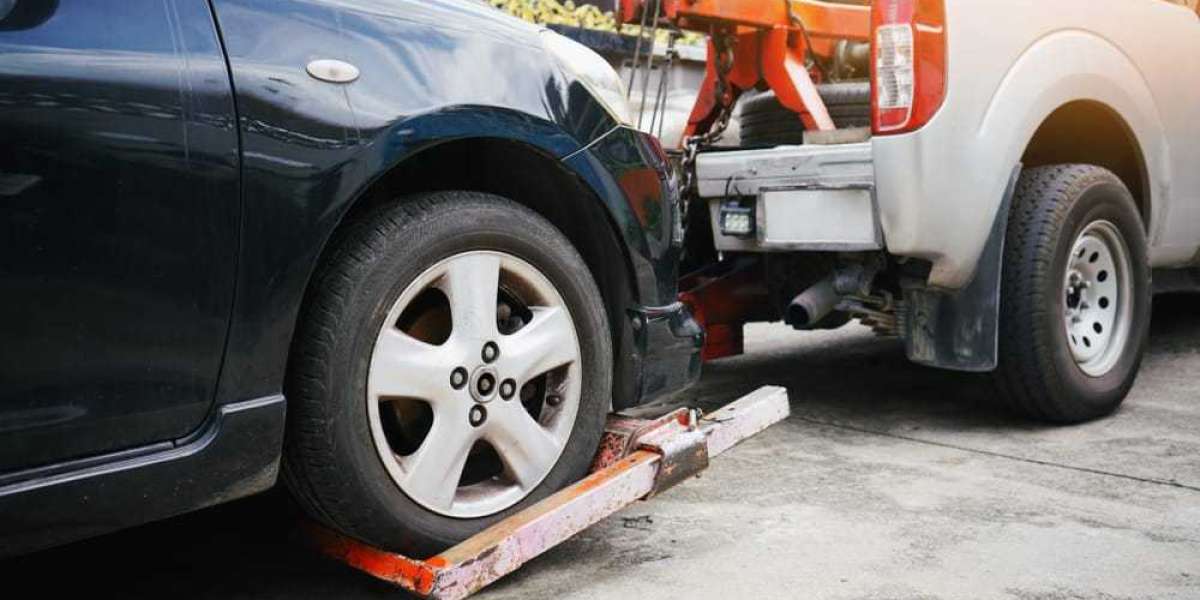Introduction
Your windows serve as a barrier between your home's interior and the unpredictable outdoor elements. To ensure they remain functional and appealing year-round, it's important to develop a seasonal window checklist. By following these steps, you can extend the lifespan of your windows and save on energy costs.
Assessing Window Condition
Before diving into seasonal preparations, evaluate the current state of your windows. Check for any cracks, rotting frames, or foggy glass panes. Identifying issues early on will guide your maintenance efforts effectively.
Cleaning and Inspecting
Thoroughly clean both the interior and exterior of your windows. Regular cleaning enhances natural light and prevents dirt buildup. While cleaning, inspect the hardware, such as locks and hinges, to ensure they're in good working condition.
Sealing and Insulation
Proper sealing and insulation are key to energy efficiency. Seal any gaps around the window frames using caulk or weatherstripping. Consider adding insulating window films to retain heat during colder months and block excessive heat during warmer seasons.
Upgrading for Energy Efficiency
Consider upgrading to energy-efficient windows if your current ones are outdated. Energy-efficient windows offer better insulation, UV protection, and noise reduction. They can significantly lower your energy bills while increasing your home's value.
Enhancing Aesthetics
Windows contribute to your home's curb appeal. Consider adding decorative films, stylish curtains, or blinds to enhance their aesthetic appeal. This not only adds a personal touch but also complements your interior decor.
Preparing for Winter
As winter approaches, focus on creating a barrier against the cold. Use heavy curtains or thermal blinds to trap warmth indoors. Applying a clear plastic insulating film can prevent drafts and reduce heat loss.
Getting Ready for Summer
Prepare your windows for the heat of summer by using reflective window films. These films bounce back a significant amount of sunlight, keeping your interiors cooler and reducing the strain on your cooling system.
Maintaining Year-Round Comfort
Regularly maintain your windows by cleaning them and inspecting for damage. Lubricate hinges and locks, and replace weatherstripping as needed. This routine upkeep ensures your windows remain efficient and durable.
Dealing with Common Window Issues
Address common window problems promptly. If you notice condensation between double-paned windows or difficulty in opening and closing, consult a professional for repairs. Ignoring such issues can lead to higher energy bills and compromised security.
Safety Measures
Windows are essential exit points during emergencies. Ensure they open easily and that all family members understand how to operate them. Install window stops to prevent them from opening too wide, especially if you have young children.
Professional Help vs. DIY
While many tasks can be handled through DIY methods, certain window issues require professional intervention. Damaged frames, extensive leaks, or glass replacement are best left to experienced technicians.
Cost-Effective Strategies
Maintaining your windows doesn't have to break the bank. Regular cleaning, proper insulation, and minor repairs can go a long way in extending their lifespan. Investing in energy-efficient upgrades also pays off in the long run.
Unveil the Kaleidoscope: Elevate Your Seasonal Window Checklist with a Spectrum of UPVC Window Colors; Embark on a chromatic journey, where weather readiness meets vibrant hues, and explore the symphony of possibilities that "upvc window colours" add to your window preparations.
Conclusion
Your windows are more than just a view to the outside world – they're essential components of your home's comfort and efficiency. By following this seasonal window checklist, you'll be better equipped to handle all weather conditions while enjoying the benefits of a well-maintained window system.
FAQs
- How often should I clean my windows? Regular cleaning is recommended at least twice a year, ideally before the start of winter and summer.
- Can I install insulating window films myself? Yes, insulating window films are typically DIY-friendly. Follow the manufacturer's instructions for best results.
- What are the signs that my windows need an upgrade? Cracks, drafts, and noticeable heat transfer are signs that your windows might need upgrading.
- Are energy-efficient windows worth the investment? Absolutely. They can significantly lower your energy bills and add value to your home.
- What should I do if I notice condensation inside the glass panes? Condensation indicates a broken seal. Contact a professional to assess and repair the issue promptly.








